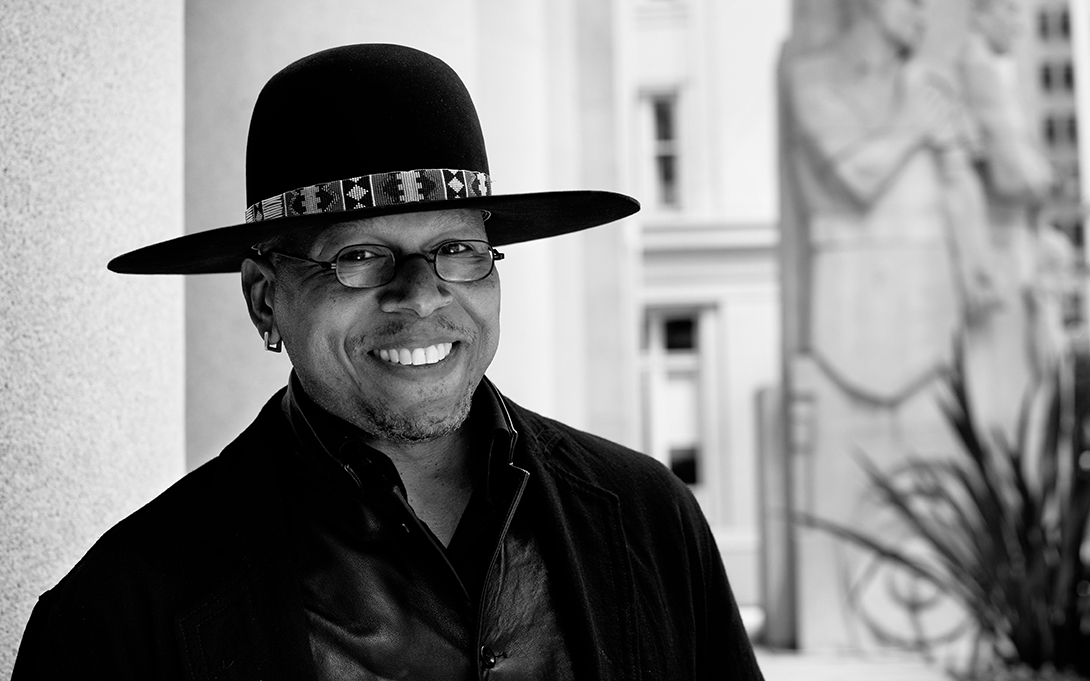
Christian Davenport holds faculty positions at the Center for Political Studies at the Institute for Social Research and at LSA Political Science. He is also the co-director of the Conflict & Peace, Research & Development, a scholarly community focused on political conflict and peace through the use of rigorous, evidence-based research as well as community-building related efforts around relevant themes. And now he joins the Ford School as courtesy faculty. This fall, he will be teaching a course on civil conflict that cuts across disciplines and fields of study.
He collaborates internationally as a research professor at the Peace Research Institute Oslo (PRIO) and as co-director of Conflict & Peace, Research & Development, a scholarly community focused on political conflict and peace through the use of rigorous, evidence-based research as well as community-building related efforts around relevant themes.
Ford School: You always have a number of projects going at the same time. What are some of the top ones you are involved with now?
You’re right. Currently I am waiting for reviews on a book regarding how to end repressive spells; I am finishing a book with numerous co-authors regarding the consequences of contention which introduces some new theory, data and analysis for a global sample of countries from 1976 to 2016; I am working on a few articles concerning the impact of democracy on repression within situations of civil unrest, a piece on what accounts for variation in the urban uprisings/riots of the 1960s and 1970s as well as a piece on what accounts for black outmigration and non-return for the period between 1790-2010; and I am completing a database on perpetrator-victim combinations for all repressive spells from 1976 to 2016 in order to explore the perpetrator and victim specific explanations regarding onset, type, severity, termination and recurrence.
Ford School: What courses do you enjoy teaching?
I think my favorite courses are Civil Conflict (which I will be teaching at Ford in the fall) and “Saving the World or Wasting Time (An Evaluation of Social Movement Effectiveness and Ineffectiveness). The first I enjoy because it allows me to talk about a wide range of activities that are normally separated from one another. The second I enjoy because it is so relevant to what takes place in the world and it always leads to engaging conversations about what should/should not be done.
Ford School: Do you have a favorite quote?
The philosopher-statesman George Saville wrote in the 17th century that “A (person) that should call everything by its right name would hardly pass the streets without being knocked down as a common enemy”.
Ford School: Is there anything else you’d like to share with us?
If you want to know more about me, have a look at: www.christiandavenport.com